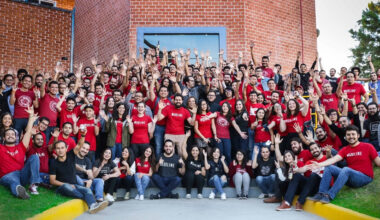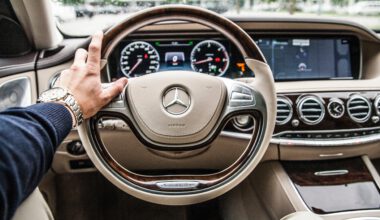Welcome to the LatamList roundup, your bi-monthly summary of the Latin America startup scene.
In the first half of May, Latin America’s startup ecosystem saw a wave of launches, partnerships, and expansions from fintech to e-commerce. Here are the launches, partnerships, and expansions we saw over the last two weeks.
Launches
- BID Lab and Chile Global Ventures launched Green Hub Chile, a $400K debt fund that will invest in 10 startups addressing climate problems. Read more on País Circular.
- Nubank, the Brazilian neobank, launched Tap-to-Pay Pix in Brazi. The new feature uses NFC technology to let users make payments with Pix. Read more on Nubank.
- Mercado Pago, the Argentinian fintech, launched DineroPlus, , a 0% interest loan of up to $8.8K for eligible customers in Argentina. Read more on El Diario Nuevo Día.
- Tiendanube, the Spanish-language brand of Brazil’s e-commerce platform Nuvemshop, launched PDV Nube in Mexico to allow customers to integrate physical and online operations in a single platform. Read more on Emprendedor.com.
- ProntoPaga, a Chilean payment processor, announced the launch of its neobank Yol1. Read more on Startups Latam.
Partnerships
- Colombian fintech Alegra partnered with Mastercard to offer cloud-based billing and accounting tools to over 100,000 SMEs across Latin America. Read more on LatamFintech Hub and Portafolio.
- Visa acquired Pismo. With the acquisition the colombian digital wallet Nequi will process 100% of transactions in the cloud through Pismo. Read more on La Republica.
- Uruguayan fintech dLocal and Paypal partner to enable businesses to process local and alternative payment methods in Latin America, EMEA, and APAC. Read more on Yahoo! Finance.
- Uber and iFood announced a partnership in Brazil. Users can now access Uber’s services in the iFood app and iFood’s services in the Uber app. Read more on Startups Latam.
- Mexican refurbished technology startup Reuse and retailer MacStore partnered to support iPhone trade-in and upgrade programs across 72 stores in Mexico, aiming to collect over 40,000 used devices by year-end.
Expansions



